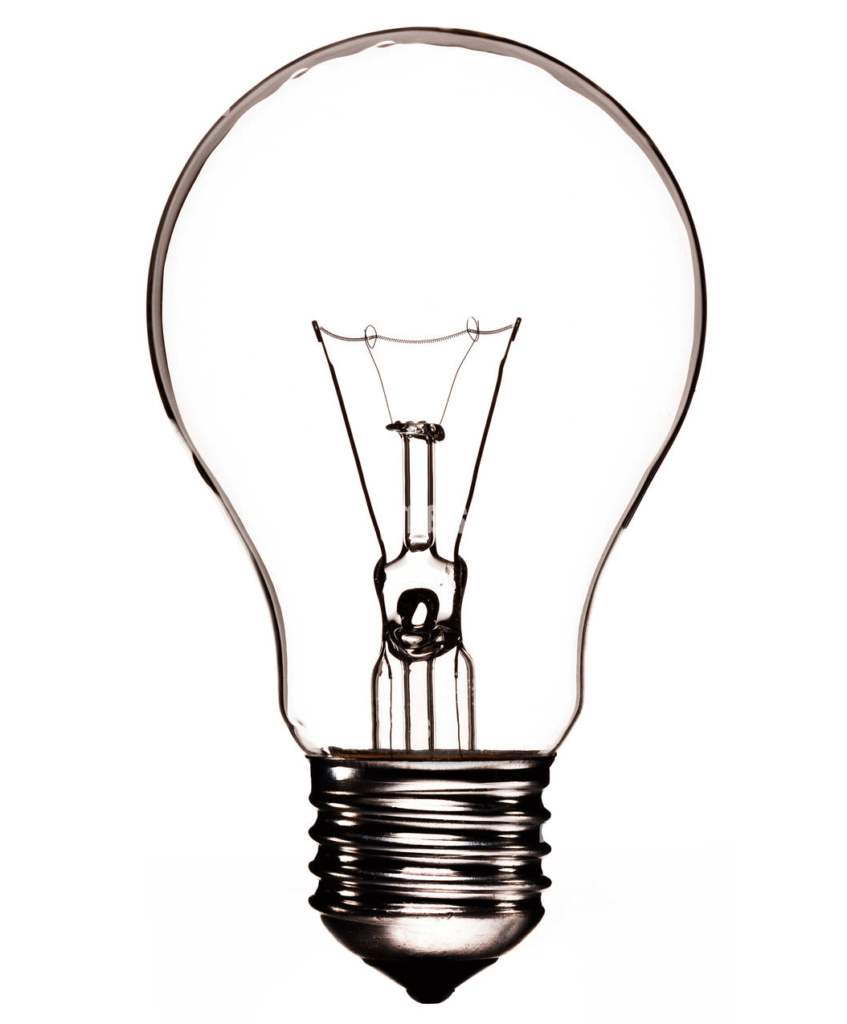
Light bulbs are amazing. Because of light bulbs, you can work, read, play, and do other things when the sun is not out. And, if you have the right kind of light bulb, you get heat too. Thanks to light bulbs, you benefit, the people around you benefit from them, and you each benefit from the activities of each other.
For example, you can work later into the evening making yet another pair of shoes, and because you have that pair of shoes to sell, your family has just a little bit more income, which allows you to pay for your daughter’s education. And because your daughter can read by the light of that bulb, she tells you things you never knew about the world that open up new ways of thinking and better ways of making those shoes that generate money for your family.
We all benefit from something as simple as a light bulb.
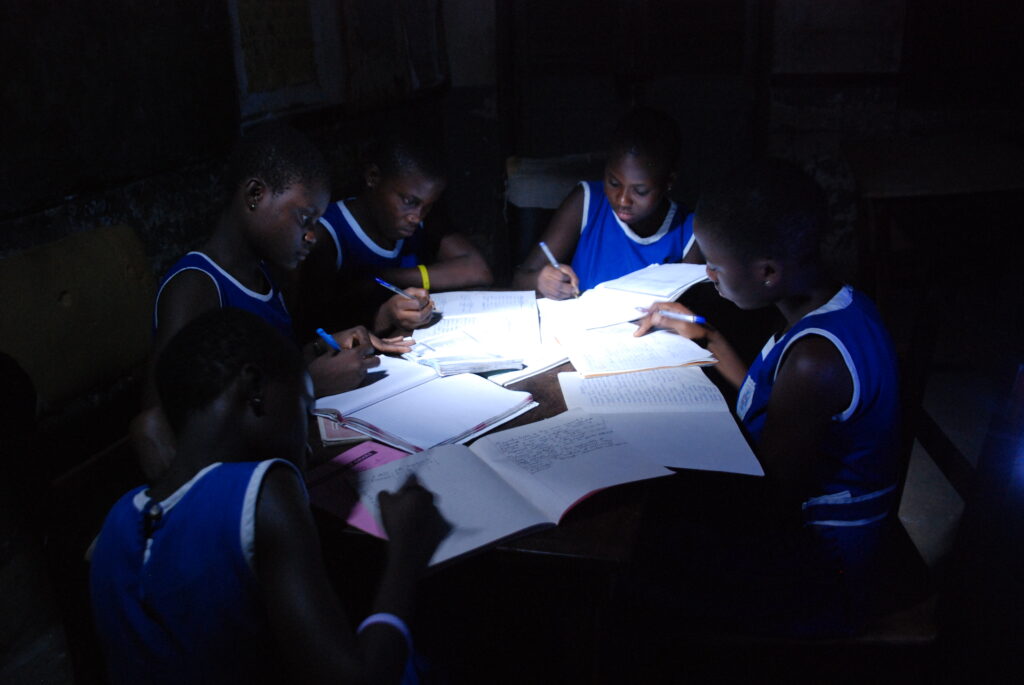
A light bulb is a fragile thing. Incandescent bulbs in particular have thin glass and a delicate filament.
Due to this fragility, it’s easy to break a light bulb. You can drop it, smash it, knock it, throw it, bump it against something, or breathe on it the wrong way. Believe me. I’ve seen it. There are thousands of ways to break a light bulb.
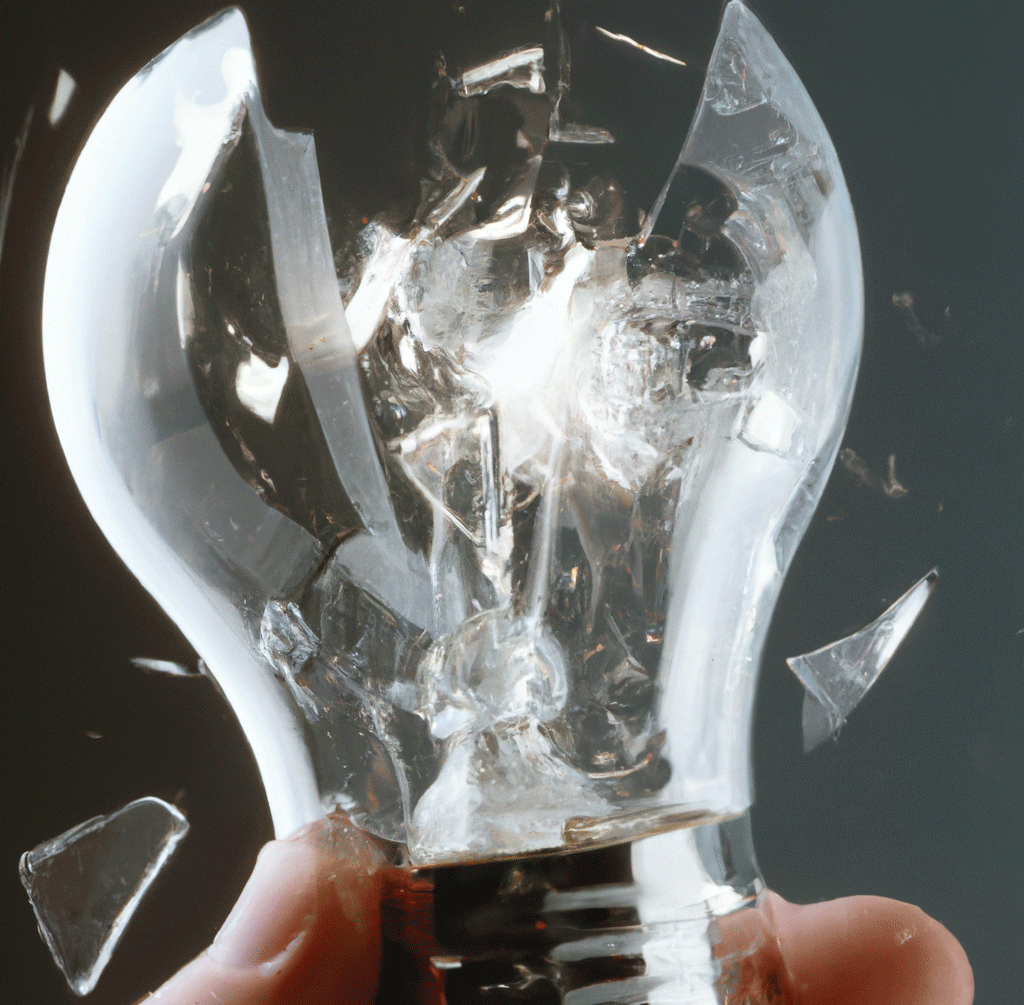
There are very few ways to make a light bulb, and it’s difficult. Have you ever tried?
When I was in elementary school, one of my science fair projects was a light bulb. It was a peanut butter jar that had been turned upside down. The lid was secured to a block of wood so that you could remove the jar (bulb) portion as needed, which I had to do a lot by the way. There were nails secured to the lid through the block of wood and wires attached to those. Between the nails, I connected bits of wire to use as the filament. The power source was a motorcycle battery.
It looked something like this.
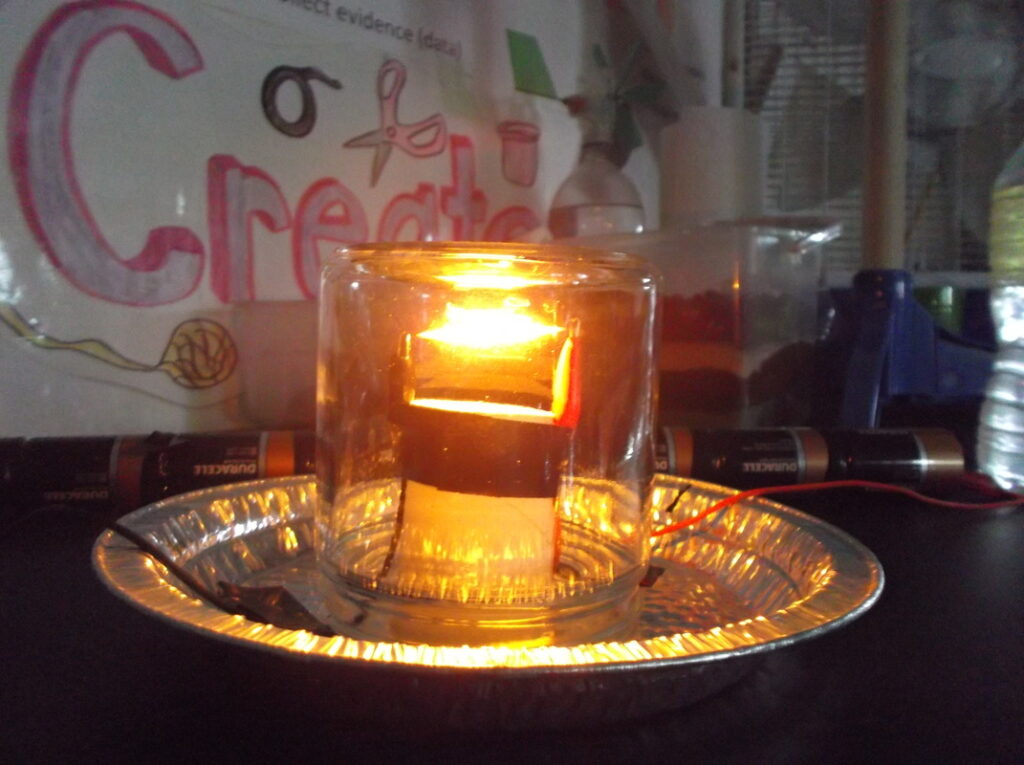
One of the problems with my homemade light bulb was that the filament sure would light up and get hot, but it would burn out after less than a minute of being on. Also, the battery had to be charged, and I couldn’t just use my light bulb anywhere. It didn’t plug into existing sockets. There were no replacement parts available for cheap in stores. You see where I’m going here.
It was a great experiment, but the thing I built on my own–despite being less fragile–was much less useful than the light bulbs created by and based on standards that many people have contributed to.
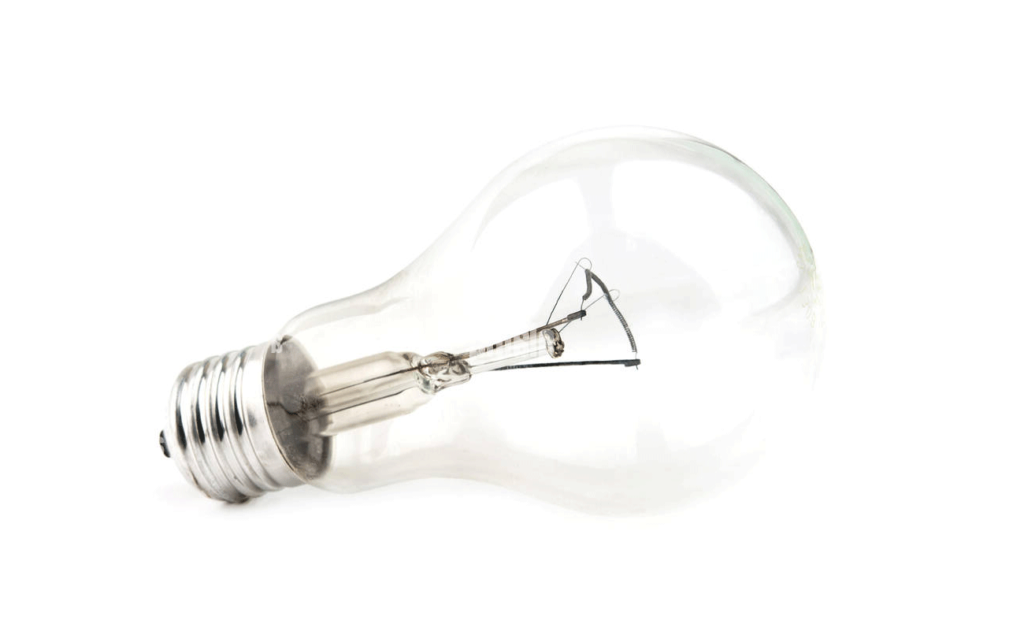
Your organization’s culture is like a light bulb. More than likely, it took several (maybe even a lot) of people a substantial amount of time to build that culture. Whether they knew it or not and whether it was intentional or not, they tried a lot of things that did not work and arrived at something that finally did.
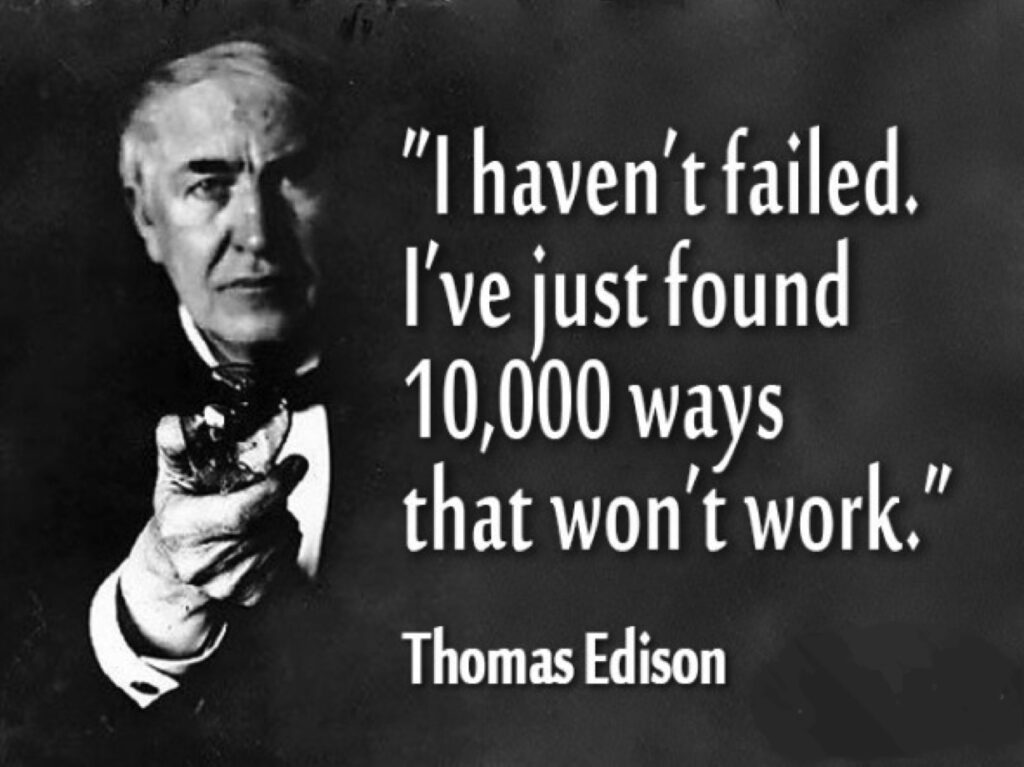
Like Edison’s first light bulb, like my light bulb, and like light bulbs today, are there things to be improved upon with your organization’s culture? You bet there are. There always are.
But, like a light bulb’s light and heat, does your organization’s culture provide benefits that might be harder to find in a culture of your own creation? You bet it does.
And, as in the case of a light bulb, are you better off with a culture that has grown over time as opposed to just tearing it down and starting from nothing? Well, do you want to benefit from the successes and failures of others or do you want to start over from scratch?
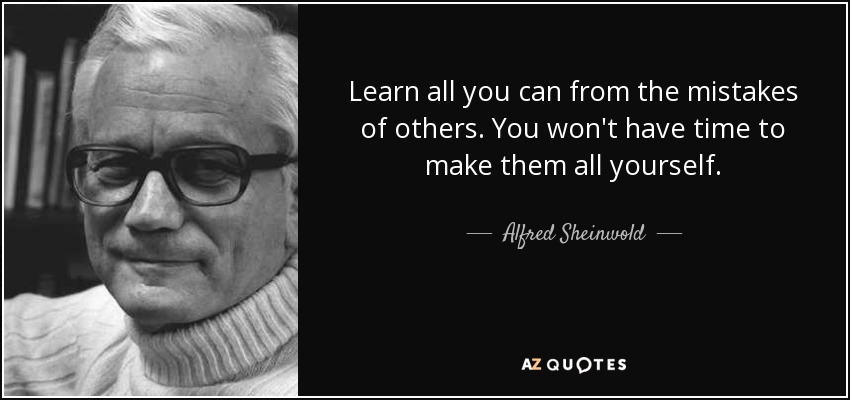
Unfortunately, when you look at a light bulb, it’s easy to not see how fragile it is, how difficult it was to create, and how hard it would be to replace. And because of this, we undervalue the miracle that is that light bulb just as many of us undervalue the miracle that is our organization’s culture. That is until we break it and find out that it is not so easy to fix or replace.
If you find yourself thinking that your organization’s culture really does not do a good job providing what you believe it should, maybe think about how hard it would be to replace it with something of your own creation. And maybe even think about–despite how flawed that culture might be–how a lot of time, effort, and learning went into creating it and if maybe, just maybe, it’s something worth building upon rather than than tearing down and starting over alone.

